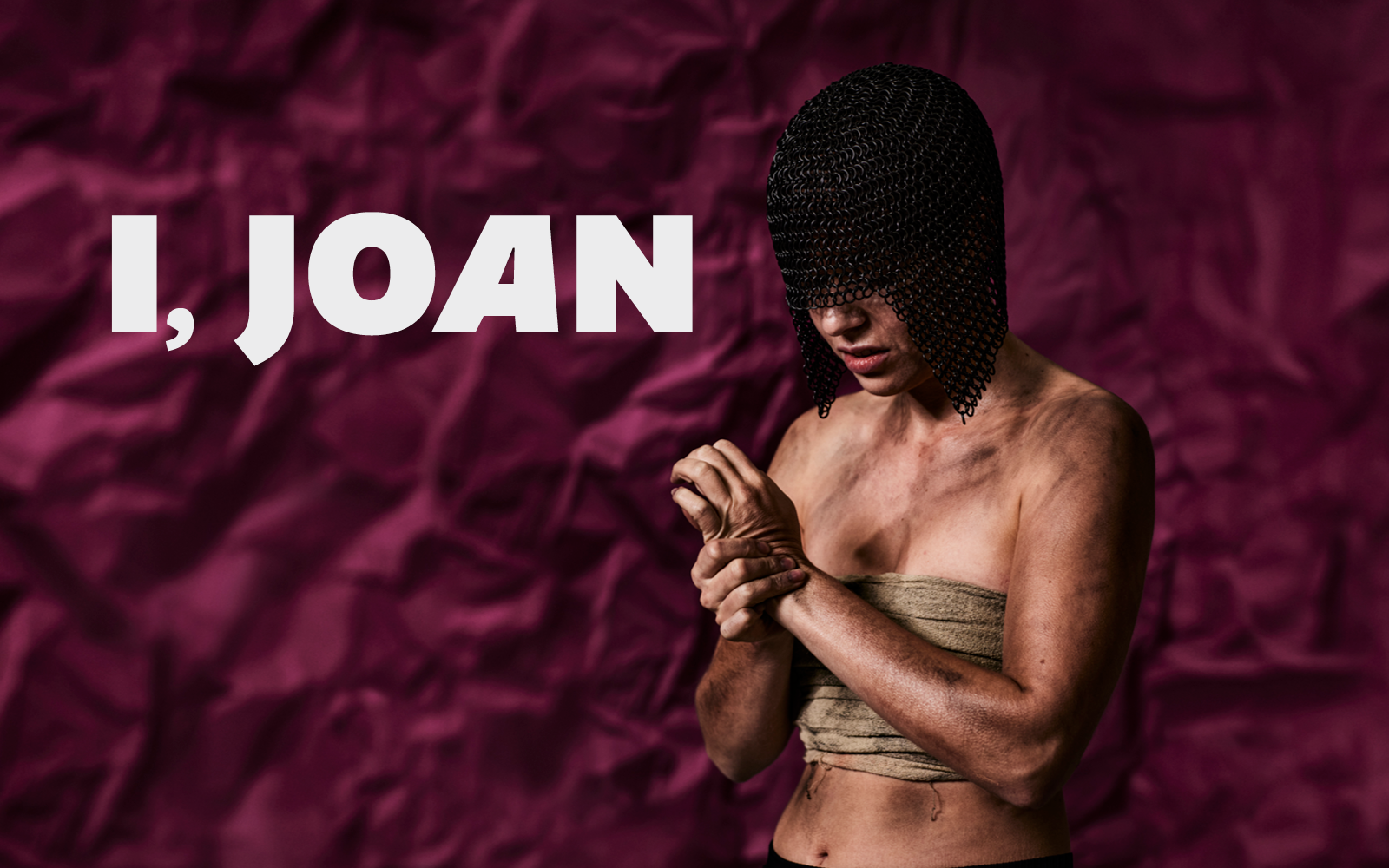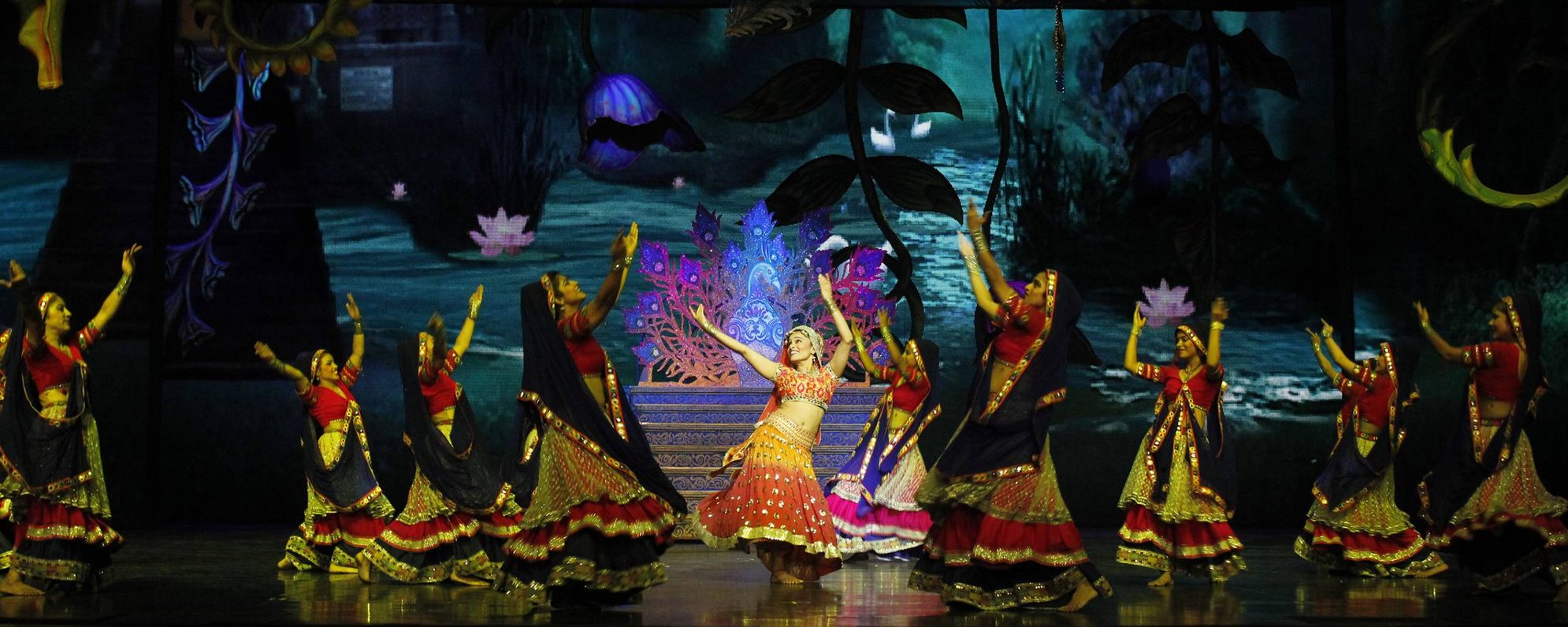
The UK’s performative offering this month will of course largely focus on Edinburgh. Many a theatre production will be travelling north, but the Fringe is a world unto itself and our coverage of it will exist separately from this neatly composed little theatre guide, highlighting plays kicking off this month.
Kinky Boots – The Musical In Concert – Theatre Royal Drury Lane
8 August

It’s back, though just for one night. At the time of writing the West End return of Kinky Boots – for the first time since 2019 – still has some tickets. The acclaimed show has won six Tony awards and took the Olivier Award for Best New Musical in 2016. At the Theatre Royal Drury Lane on August 8, it’ll star Cedric Neal, Matt Jay Willis and Courtney Bowman.
Treason – The Musical In Concert – Theatre Royal Drury Lane
22 August

Treason is making its West End debut. Again a musical, again at the Theatre Royal Drury Lane, again for one night only. Treason is a little less known than Kinky Boots, but is an explosive new musical based around the gunpowder plot. It’’ll feature music by Ricky Allan.
I, Joan – Globe Theatre
25 August – 22 October

Coming to the Globe Theatre next month, I, Joan is a “reimagination of Joan of Arc’s battle cries, where the audience can discover the journey to becoming a fearsome leader.” It’s the final play to premiere in the Shakespeare’s Globe summer 2022 season, and is the only non-Shakespeare play in the season, with Charlie Josephine bringing Joan of Arc’s story to life in a 21st century setting. As part of the reimagination, Joan is queer and non-binary, with the Globe adding, “Rebelling against the world’s expectations, questioning the gender binary, Joan finds their power and their belief spreads like fire.”
Cruise – Apollo Theatre
13 Augusts – 4 September

Cruise is coming back to the West End for less than a month. Cruise tells “the true story of what should have been Michael Spencer’s last night on Earth. When Michael is diagnosed with HIV in 1984, he’s told he’ll have four years to live. So, with the clock ticking, he and his partner, Dave, decide to sell their house, flog the car, spend everything they have and party like it’s the last days of Rome.
“On the last night of his four year countdown – the 29th February, 1988 – Michael decides to go out with a bang. He puts on his favourite jacket, heads for Soho, and embarks on a long night of farewells. He dances, sings, and says yes to everything and everyone. Then, with all his affairs taken care of, Michael promptly… survives.”
Blippi The Musical – Apollo Theatre
16 Aug 2022 – 4 Sep 2022

This is one for the parents, I hope. I must admit to being in the dark about Blippi, the television star, until this very moment, but I’ll take it as a compliment. Apparently he’s a big thing, however, so the arrival of Blippi the Musical brings much excitement with it.
Part-entertainer, part-educator, Blippi encourages learning for children from the ages of two to seven. For Blippi The Musical, the character Blippi will be played by professional stage performers selected specifically for the stage show.
Beyond Bollywood – The Peacock
24 August 2022 – 3 September

Returning to the West End at the end of the month, and just for a week. Beyond Bollywood is described as a “breathtakingly colourful extravaganza, taking audiences on a journey through Indian culture, dance, and music, and presenting the vibrancy and beauty of Bollywood.” It was successful the last time it ventured to London, following the story of a German lady who heads to India to fulfil her mother’s dying wish – revive the family’s failing theatre.



2 Comments
This article describes “I, Joan” (apparently quoting the author’s description) as a “reimagination of Joan of Arc’s battle cries, where the audience can discover her journey to becoming a fearsome leader.” Historians have noted that Joan herself denied calling herself a commander (she was a religious visionary), and the military records and eyewitness accounts show that there was always a nobleman in command.
@cgesange7633 Whether or not by rank on the battlefield or tiers of seniority, it seems fair to describe Joan of Arc as a ‘leader’.